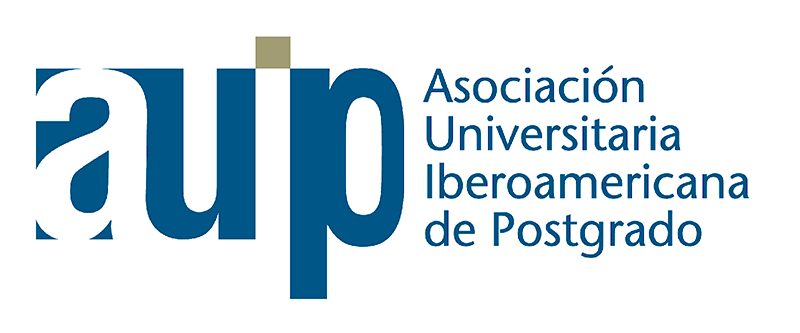The Ibero-American network Red Iberoamericana de investigadores en Polinomios Ortogonales, Ecuaciones Funcionales y Aplicaciones (Ibero-American Network of Researchers in Orthogonal Polynomials, Functional Equations and Applications, RIPOEFA) is a non-profit scientific research network founded in April 2021, with the sponsorship of Asociación Universitaria Iberoamericana de Posgrado (AUIP), an international non-profit organization, recognized by UNESCO and devoted to the cooperation among universities for the promotion of posgraduate studies within the framework of Comunidad Iberoamericana de Naciones (Organization of Ibero-American States).
The main purpose of RIPOEFA Network is to promote the collaboration between research groups which belong to different Latin American institutions within the field of research of orthogonal polynomials, functional equations and their applications in other branches of knowledge such as Functional and Complex Analysis, Mathematical Physics, Geometry, Special Functions, Approximation Theory, Numerical Analysis, Integrable Systems, Random matrices, etc.
The proposed objectives are the following:
- Create the structure of a formal network that leads the advances in research and encourages the commitment of present and future actions of the group, and their dissemination.
- Give visibility and strengthen the group of researchers of the Network and their proposal for actions.
- Promote the growth of the Network in other Latin American countries.
- Establish a synergy in favor of the consolidation of common research projects, as well as exchanges between the participating institutions.
- Promote the research by means of meetings and other joint activities for the Exchange of ideas and results, such as seminars, conferences, doctoral schools, etc.
- Propose and carry out outreach activities.
- Carry out dissemination activities of the results in an Ibero-American framework.
- Enhance the attraction of new researchers to expand and strengthen the Network by means of postgraduate training programs and high-quality education.
- Reduce the inequalities that may arise in research, training, or dissemination.


